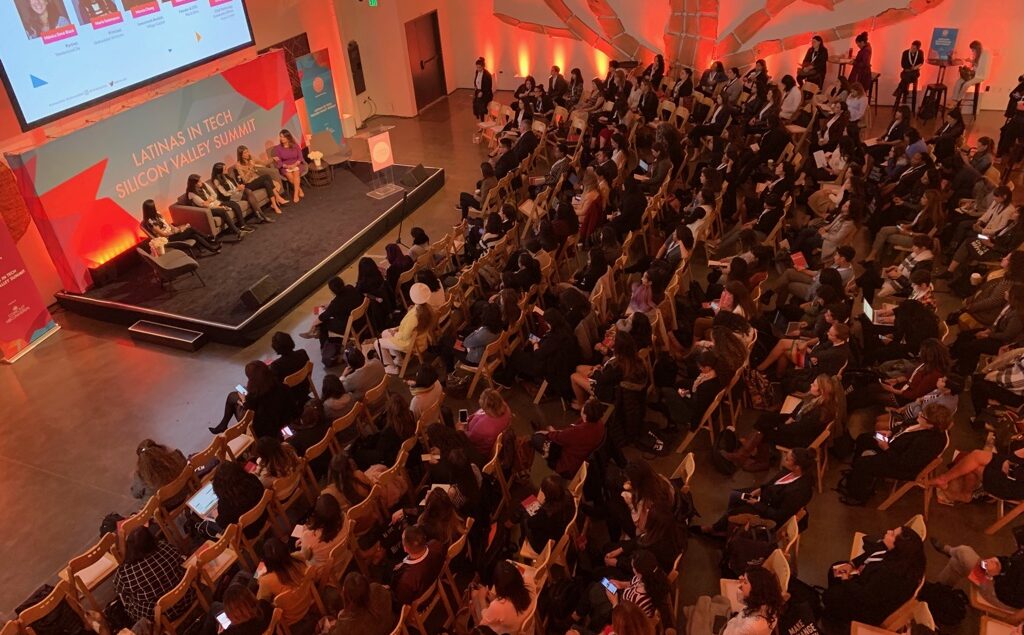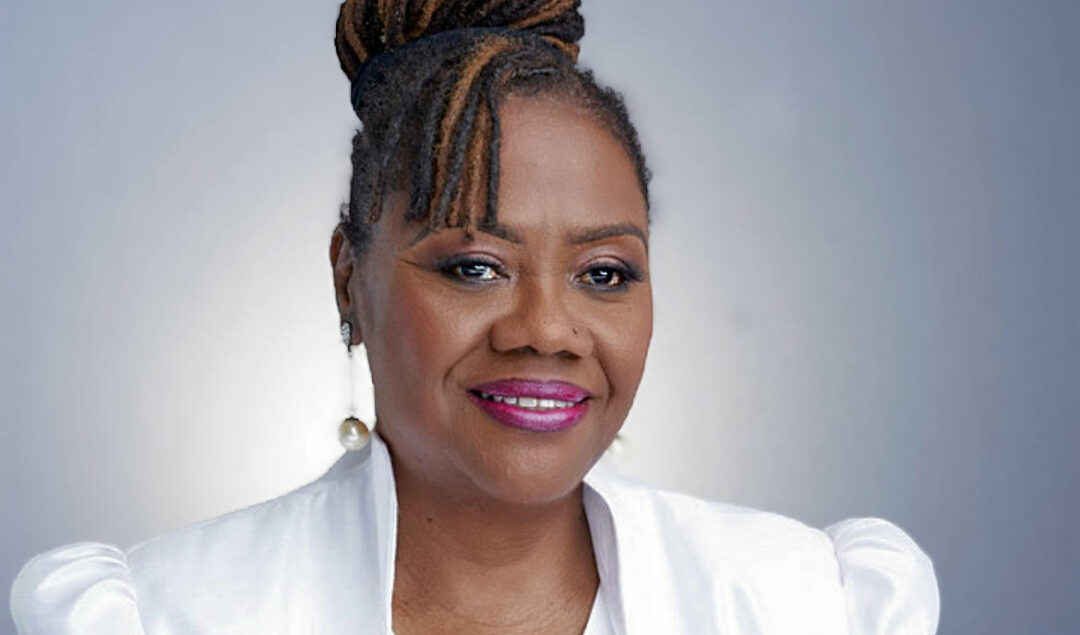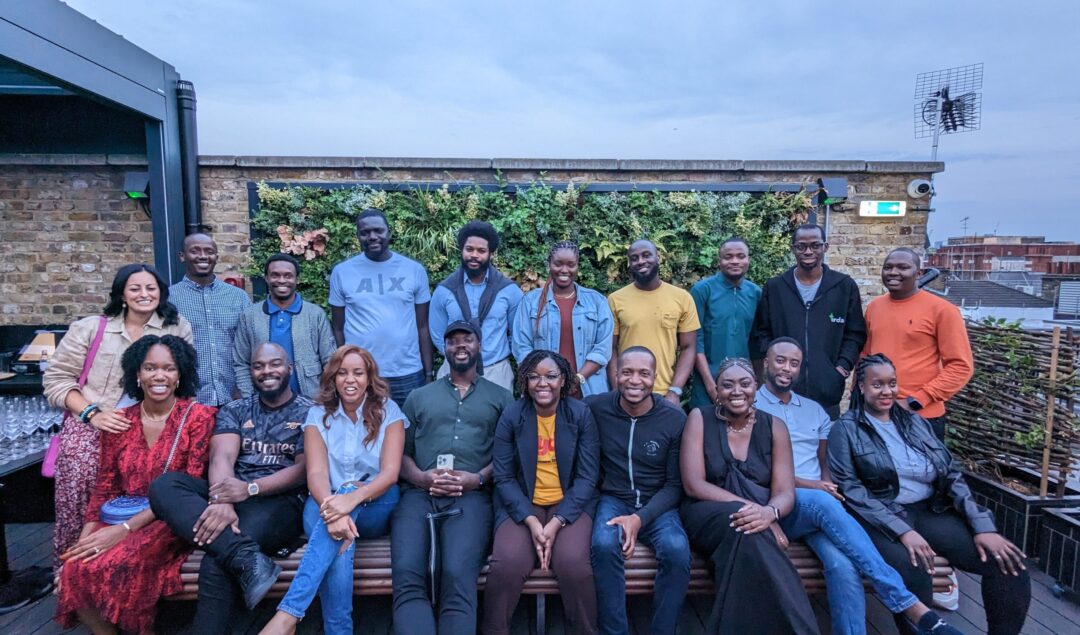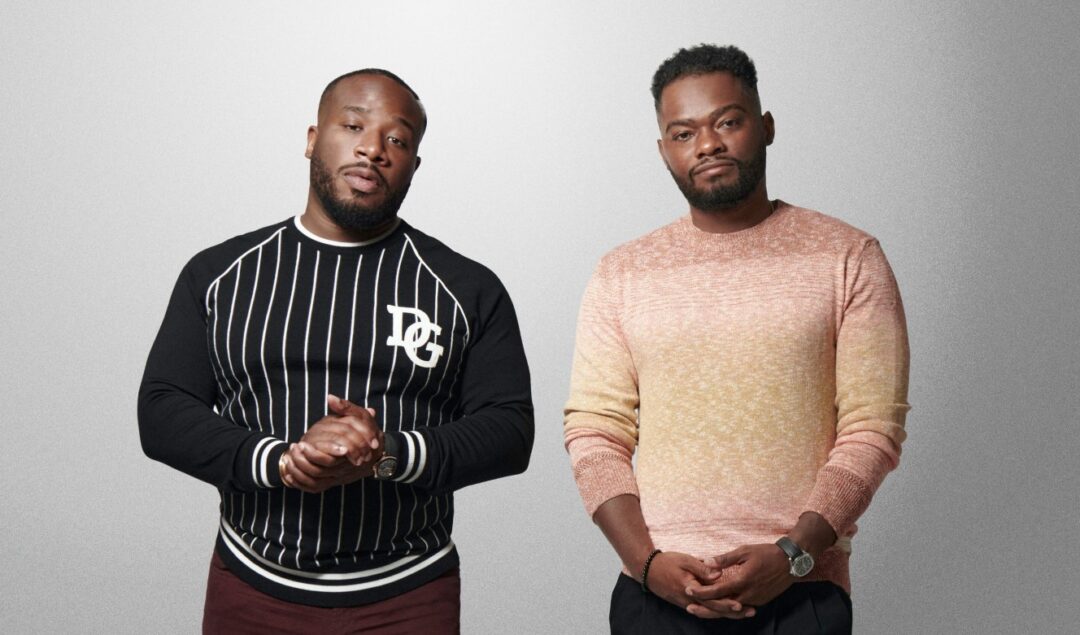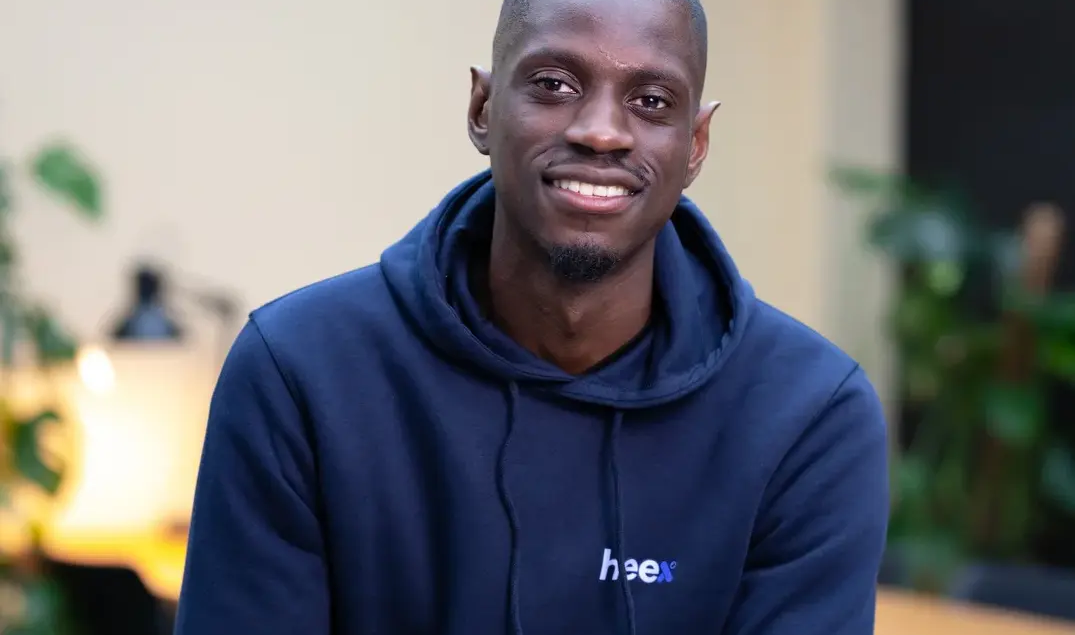Latinx people make up one-fifth (20%) of the US workforce but account for 8% of people working in science, technology, engineering, and mathematics (STEM), according to Pew Research. Data from Built In also revealed that between 2007 and 2020, Latina and Hispanic women made up only 2% of computing-related jobs. Given the underrepresentation of Latinx professionals in tech, here is a roundup of some of the organizations and communities ensuring they have the tools and support needed to thrive in the industry. Supporting Latinx Professionals SHPE (Society of Hispanic Professional
Black Women Empowered, a global platform aimed to inspire women of color, has launched the Black Women Empowered Business Network. The platform will unite leading business and inspiring leaders to share their roadmap to success. Black women are the fastest growing group of entrepreneurs, according to a Harvard Business Review report that found that 17% of Black women are in the process of starting or are running new businesses, compared to 10% of white women and 15% of white men. Additionally, while Black women represent 14% of the female population,
The Fifteen Percent Pledge was launched three years ago by creative director, activist and fashion designer Aurora James to urge major retailers and corporations to commit 15% of their shelf space to Black-owned businesses. Since then, more than 625 Black-owned businesses have developed business relationships with 29 companies across three countries that have taken the pledge such as Ulta, Sephora, Vogue, Macy’s and Old Navy. According to Forbes, the Pledge’s work with its partners has created the potential to shift $14 billion to Black entrepreneurs and businesses. Now, to mark
Non-profit organization Silicon Harlem has teamed up with AT&T and the New York Urban League (NYUL) to offer opportunities for teens and students to explore tech careers. Silicon Harlem’s new learning lab, which opened Tuesday, invites students to try a new tech-related skill, from augmented reality to creating code. The lab received a major donation from AT&T, allowing them to have the latest technology for the teens in aims to bridge the digital divide and increase diversity. “We want to make sure when it’s time for you all to apply
25 innovative African startups have been selected for the third cohort of Google for Startups’ Black Founders Fund. Head of Startup Ecosystem, Sub Saharan Africa, Folarin Aiyebusi wrote, “we’ve seen firsthand how the startups in Africa are embracing the limitless possibilities of tomorrow, and it’s truly inspiring.” Africa’s population is rapidly increasing, with projections indicating that by 2050, one-third of Africans will be under 35. This demographic wave offers many opportunities for startups to cater to a booming market. Now in its third year, the Google for Startups Black Founders
Today marks 75 years since more than 800 passengers from the Caribbean travelled to the UK onboard a ship called the Empire Windrush. These passengers had been recruited to help rebuild Britain after WWII and became known as the ‘Windrush generation.’ Windrush Day has been celebrated in the UK every year since 2018, and it has become a time to appreciate the cultural, social, and economic contributions that were made to the UK. One such contribution can be seen in fintech app Pardna. What is Pardna? Pardna, or pardner, is
Squire, the Black-owned all-in-one barbershop management platform, has surpassed $1 billion in payments processed, according to co-founder Songe LaRon. “It took two years to reach our first $1 million, 5.5 years to $100 million, and now we surpassed $1 billion,” said LaRon. “Every dollar reflects the hard work of our team and the dedication of the barbers we serve, and I’m deeply grateful to every shop owner, barber, and team member who’s been part of this journey.” What is Squire? Founded in 2015 by Songe LaRon and Dave Salvant, the
A new report by Dropbox DocSend has shed light on the funding divide in the tech industry, particularly regarding race and gender disparities among founders. While 2021 witnessed record-breaking levels of VC funding and increased engagement with diversity, equity, and inclusion (DEI) initiatives, 2022 proved to be more challenging for historically underfunded founders. Turning tides In 2021, VC funding for early-stage founders experienced a significant boost, with record-breaking funding levels. Historically underrepresented founders also experienced a surge of investor interest driven by DEI-related investment initiatives in response to the murder
Co-founder and CEO at Heex Technologies, Bruno Mendes Da Silva, has announced that his startup has signed a public contract with US Authorities. We previously wrote about Heex’s smart data management platform helping carmakers sift through the sea of data required to put autonomous vehicles on the road. Now, this new partnership will see the team provide their software solution to process data from Autonomous Vehicles and Mobility operators as part of the Automated Driving System program in California. The data will foster safety standards and rulemaking of autonomous vehicles
Company and executives’ mentions of DEI or sustainability during earning calls have decreased after a peak in 2022, according to data from financial research firm AlphaSense. But this DEI- and “green-hushing” doesn’t necessarily mean companies have stopped doing the work – they’re just not talking about it. Are companies still talking about DEI and sustainability? According to data from financial-research platform AlphaSense, executives at the U.S.-listed companies mentioned “environmental, social and governance,” “ESG,” “diversity, equity and inclusion,” “DEI” or “sustainability” on 575 earning calls from April 1 to June 5.

